What is autism? What does it mean to be autistic? In the last few weeks, I’ve been asked to explain what autism is a number of times, and each time, the question has felt so difficult to answer! How do I summarise all that autism is, succinctly? There seems to be so much information out there when one uses Google search! Anyway – I thought I’d try to give a brief explanation, and also think about what being autistic means to me, in this post.
Autism, technically is a neurodevelopmental difference, though it comes under the banner of disabilities. It affects one’s being and how we percieve, experience and interact with the world. It’s not an illness, disease, learning disability, and it’s not caused by a vaccine, as is commonly purported, or a style of parenting. It’s a ‘spectrum disorder’ (though I don’t really like the word disorder!) because it has a wide variety of symptoms, and each individual will have some, to varying degrees, and not others, or may present them in different ways to someone else.
The four main areas of difference is currently the most commonly used model to describe the different symptoms, so I’ll detail it a bit more below!
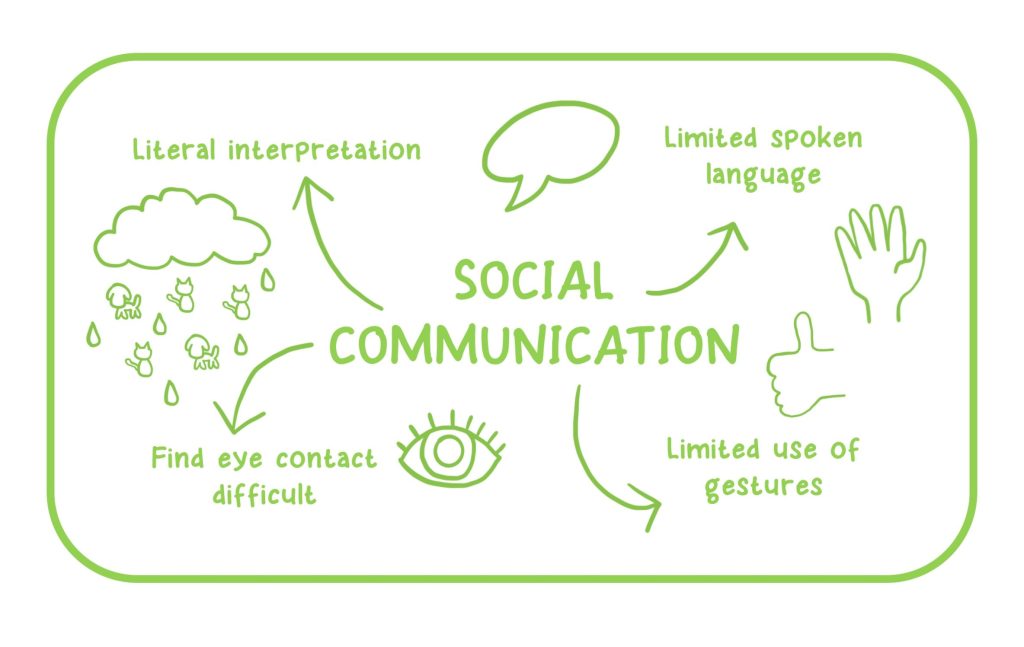
1. Social Communication
Social communication refers to how autistic individuals use and understand language. For me, I’d say I do generally understand sarcasm and idioms, but I’m not always sure what people mean when they say things, and I do sometimes have to remind myself that when someone says ‘two minutes’, they don’t literally mean two minutes (I will, of course, let them know that it’ll be four to six minutes before I’m finished doing x task, or seven and a half before I’m ready to do x!).
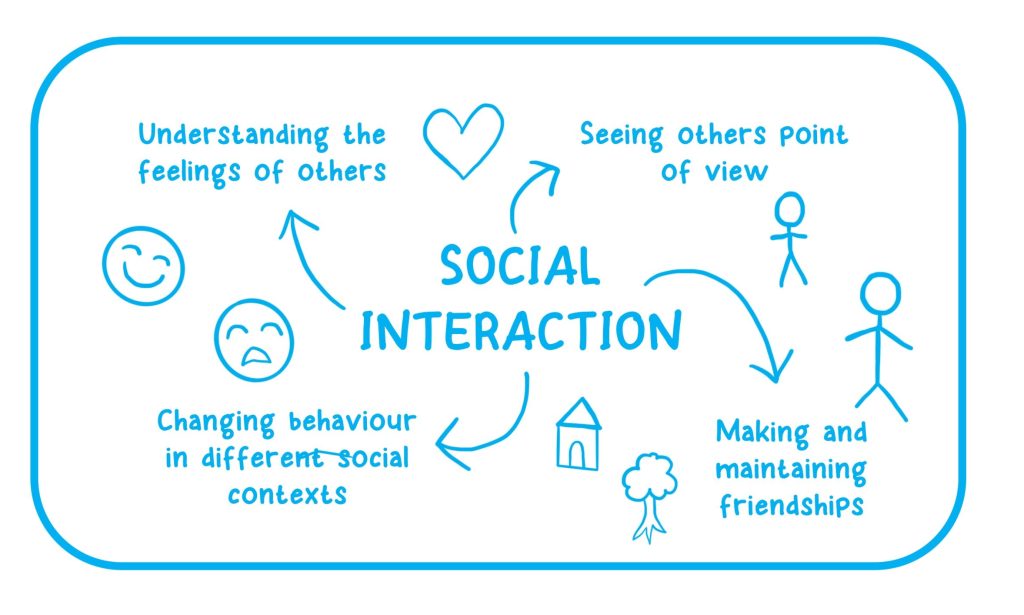
2. Social Interaction
Social interaction can sometimes get confused with social communication, but this refers more to behaviour, as well as more long term interactions, like forming friendships. Navigating relationships has always been an extremely confusing world to me, although as I’ve got older, I like to think I’ve developed my own approach! Knowing how someone feels can also be a challenge for me, and understanding all the different behaviours within a group situation is particularly difficult, which is why I seem a lot more confident when interacting one-to-one!
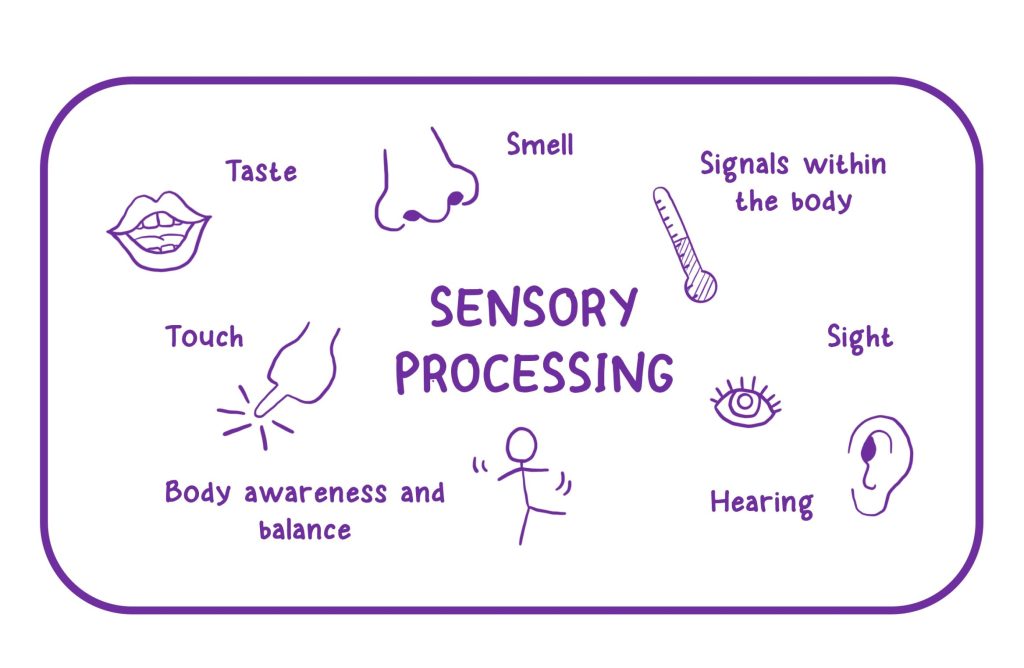
3. Sensory Processing
Diferences in sensory perception are a really big part of my life, and many other autistic individuals’ that I know! Like many autistic individuals, I am very hypersensitive when it comes to taste and smell (I like to consider myself a superior food reviewer!), and this can cause problems if I’m not careful and eat very strongly flavoured food, for example, or if I have to walk through a dirty alleyway. Certain loud noises can also REALLY affect me, so I use noise cancelling headphones sometimes too.
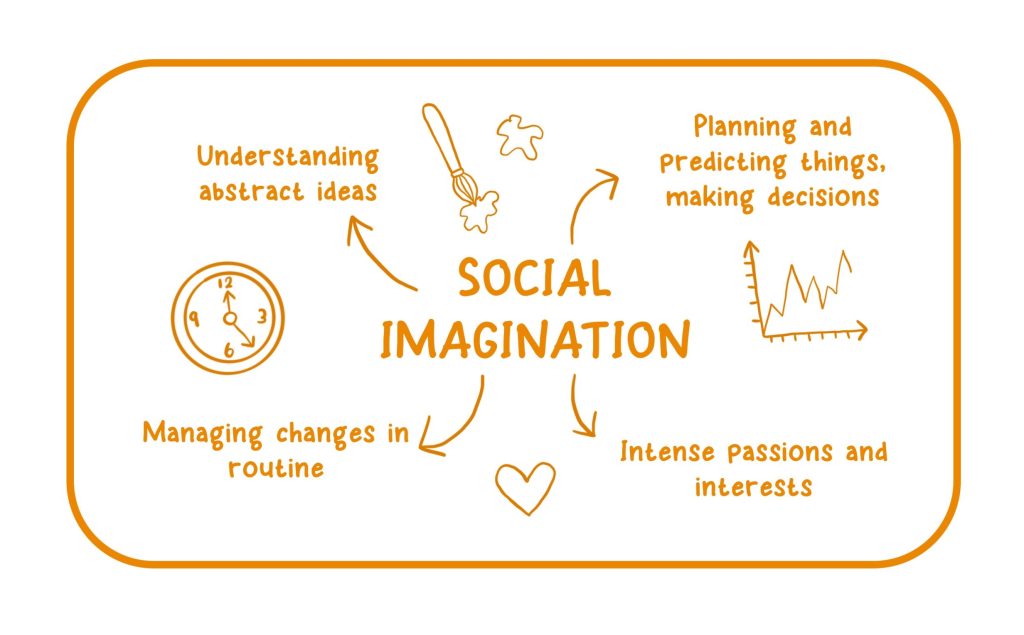
4. Social Imagination
Differences in social imagination are often described as ‘rigidity’ and ‘need for routine’, but also refers to finding it hard to imagine different scenarios or outcomes of events, to understand concepts, and having intense (formerly known as special) interests! Autistic individuals tend to become very, very into certain things, and learn a lot about specific things, hence the term. One of my intense interests would be food, and I love to study brands, marketing, the culture and politics behind food and eating, and to collect certain snacks! I also love to thoroughly research different topics, and to then create posters about what I’ve learnt (you can find these on my personal blog).
I hope this little rundown helps you to understand what the term autism encompasses. To me, my autism is just part of me – I am Saffron, and I love food, and science and history, and making posters! I hate loud noises, and really salty or really sweet foods. I don’t think of it as a disability in the sense that I am less able; my autism ‘symptoms’ are merely different qualities I posess. You might argue that there’s no need to even say I’m autistic, ever, but identifying as autistic is an easy way to give people an idea of what I might be like, and of how my brain works. It’s also a really valuable way of getting support, and of meeting people who might think similarly.
It has taken me a long time to fully accept and be proud to say I’m autistic, I admit. But I’m proud of who I am..and that means I’m proud to be autistic.
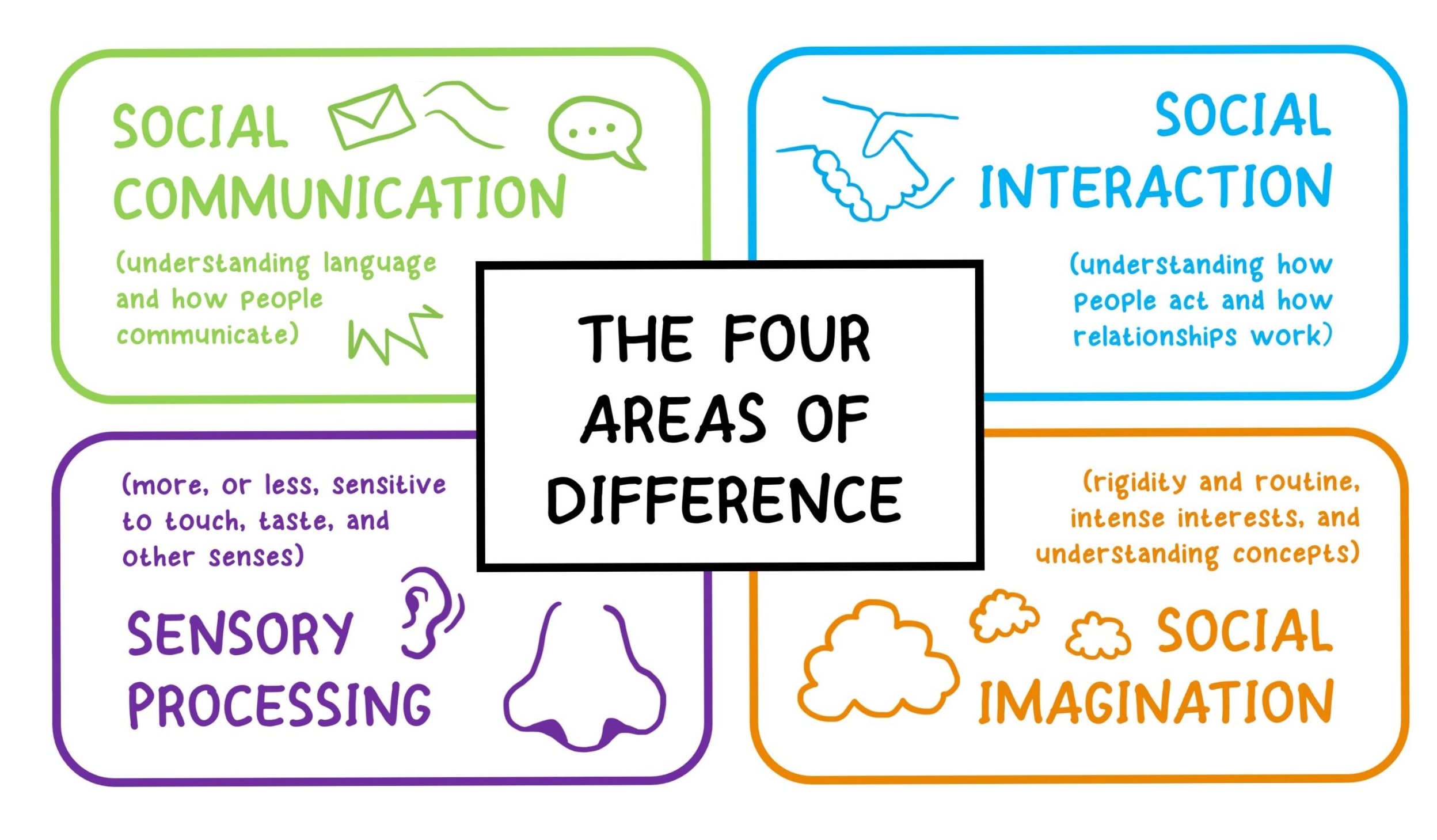
Leave a Reply